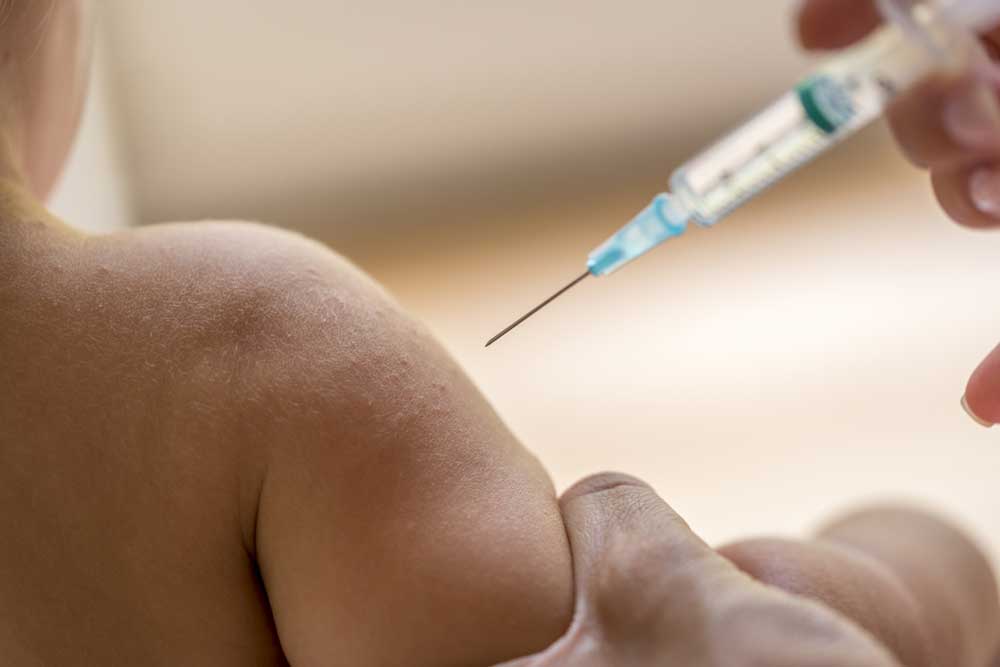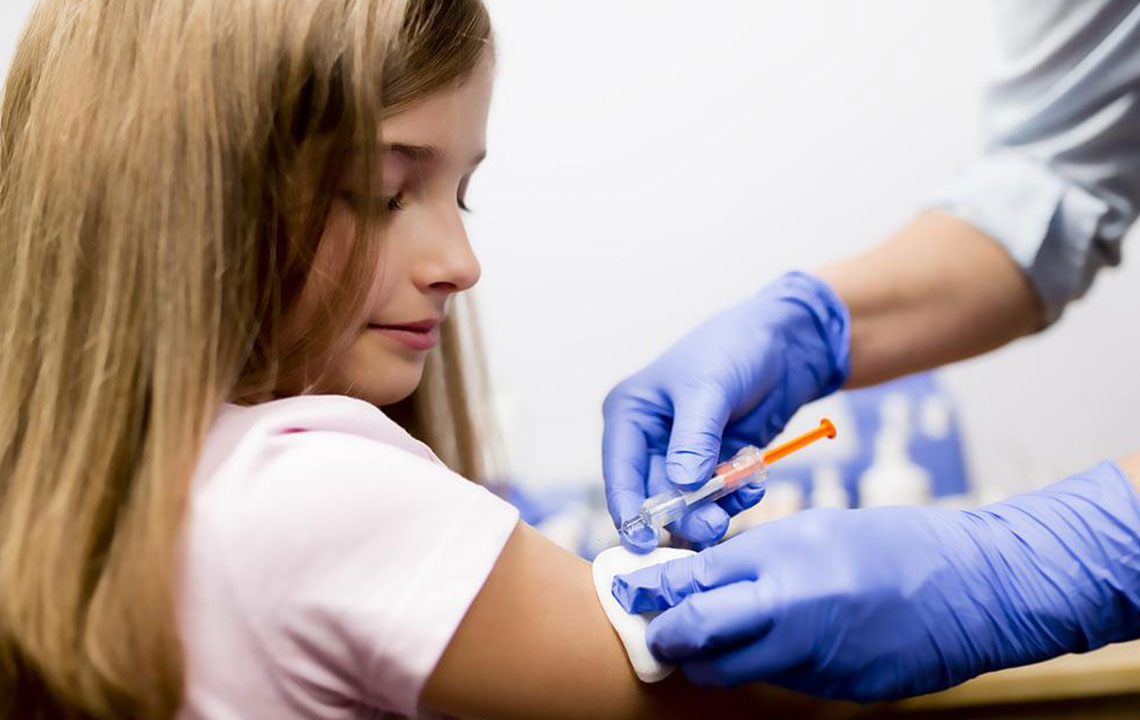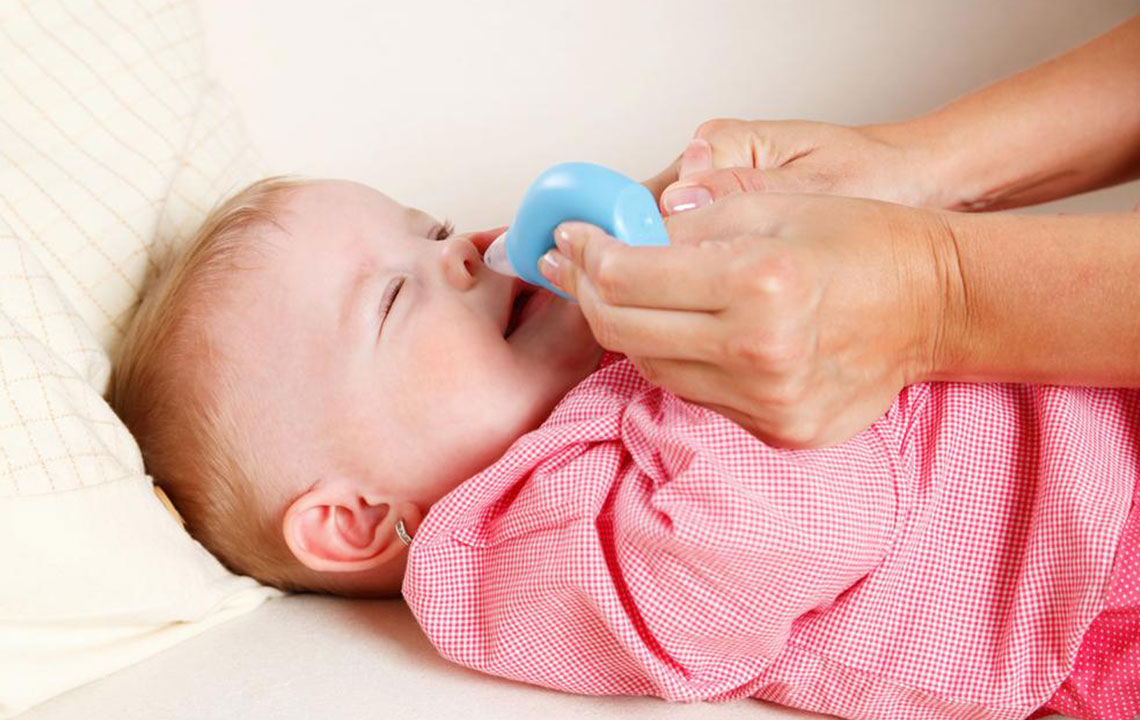Know the Vaccine Schedule for Infants and Toddlers
Vaccines are important to keep your child fit and healthy and protect your toddler from a range of deadly diseases. According to various medical studies, for newborns, breast milk helps in protecting against several diseases. However, within a year, this immunity almost wears off. Also, many babies are not even fond of breast milk. Hence, timely vaccination is crucial for infants and toddlers to stay fit and healthy. The CDC (Centers for Disease Control and Prevention) is responsible for deciding the child vaccine schedule in the country.

Necessity of vaccines
Vaccines help in developing antibodies of a certain disease in a child’s body and these antibodies help in defeating the future infection caused by the disease. Not all vaccinations are given at the same time to a newborn. You need to follow the proper child vaccine schedule.
Vaccination schedule
Here is a basic child vaccine schedule recommended by the CDC.
- HepB – It is usually given in three shots. At the time of the birth, the first shot is given. To enter a school, HepB vaccination is required in most of the states.
- RV – It is either given in two doses or in three doses and it protects against the dangerous rotavirus, the main cause of diarrhea.
- Hib – It is given either in three or four doses and it protects against the Haemophilus influenza type b that causes bacterial meningitis.
- DTaP – This requires a total of five doses during the infancy and childhood period. Once the doses are complete, DTaP boosters are needed to be given during the period of adolescence as well as adulthood.
- IPV – It is given in total four doses and helps to protect against polio.
- PCV – This vaccine should be taken in the series of four doses and it will help to protect against disease like pneumonia.
- MMR – The MMR helps to protect against mumps, rubella, and measles. It is given in two doses. Between the ages of 12 to 15 months, an infant can be given the first dose. The second dose can be given just after 28 days from the first one. Otherwise, between the ages of 4 to 6 years, the second dose can be given.
- HepA – It is given in two doses to children between the ages of 1 to 2 years.
- Varicella – This vaccine fights against chickenpox and is given in two doses.
Although the aforementioned child vaccine schedule is recommended by the CDC, some children may need to follow a different vaccine schedule. The best way is to consult a child specialist doctor, who will guide you properly about the child vaccine schedule.




